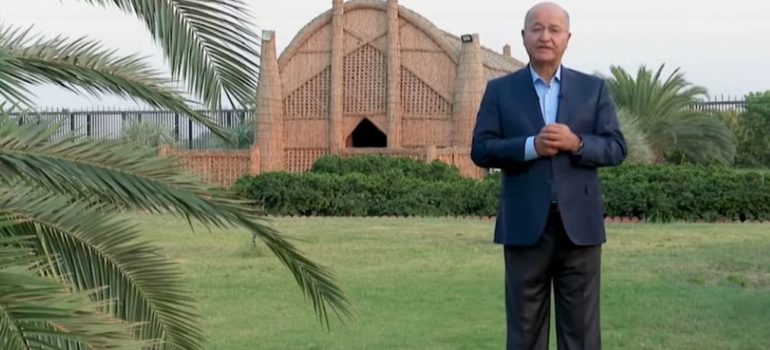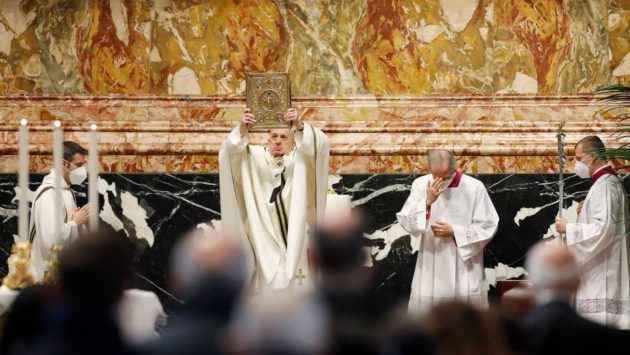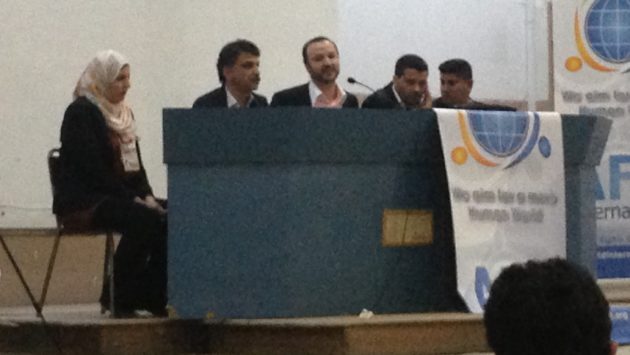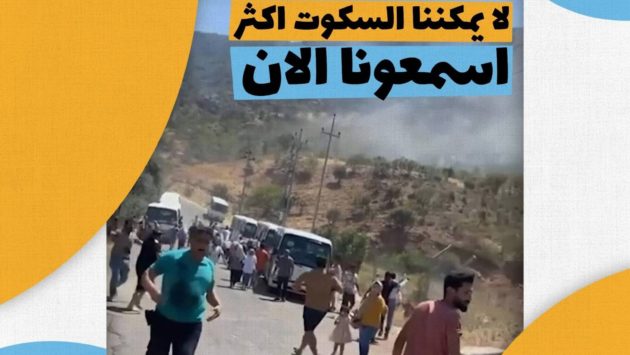In Speech to COP 26: President Barham Salih: Mesopotamian Revitalization is Strategic Framework to Tackle Climate Change in Iraq and Region
Iraq seeks to have access to a new environmental era to deal with the serious implications of climate change, Iraqi President Salih announced through a video while addressing the 26th UN Climate Change Conference of the Parties (COP 26) in Glasgow under the auspices of the United Nations Development Programme (UNDP).
The President said that Iraq has adopted a project of ” Mesopotamian Revitalization” which is a crucial step towards having a strategic framework aiming to protect the environment through further regional and international partnerships.
The project has an environmental strategy including modernizing water administration, generating clean energy, and encouraging investment, private sector and youth to be brought into the agenda of tackling the effects of climate change, he added.
Furthermore, he emphasized that Iraq is located in the geographic heart of the Middle East, and blessed with a biodiversity of palms, plains, marshes, and the mountains of Kurdistan, and it also has the potential to bring the countries of the region together.
Desertification affects 39% of our country and 54%of our agricultural lands are degraded because of salination caused by reducing water flow of the Tigris and Euphrates, he said, while seven million Iraqis have already been affected by drought, climate change, and the risk of displacement.
The text of President Salih’s speech follows:
“From Mesopotamia, at the reed house (Mudhif), which is the oldest pattern of environmentally friendly architecture, I address and salute all of you.
Over the past 40 years, Iraq has been swept by wars and conflicts so it is classified as one of the most vulnerable nations in the world because of climate change.
Desertification affects 39% of our country and 54%of our agricultural lands are degraded because of salination caused by reducing water flow of the Tigris and Euphrates. Seven million Iraqis have already been affected by drought, climate change, and the risk of displacement.
In response to these challenges, Iraq seeks to have access to the new era of environment that can be realized through regional and international partnerships.
Iraq has acceded to the United Nations Framework Convention on Climate Change (UNFCCC), adopted in 1992, and to the Paris Agreement on Climate Change in 2015, and endorsed the Initiative to Reduce Global Gas Flaring” Zero Routine Flaring by 2030.”
The National Contributions Document (NDC) has been endorsed to promote economic transformation, establish the concept of the Green Economy, participate in carbon markets, attract new investment opportunities and stimulate greater private sector participation in the Green Economy.
Recently, the Iraqi government adopted the “Mesopotamian Revitalization” project to be the framework for the development of environmental strategy. It is the project of Iraq and the region that is also threatened by the serious consequences of climate change. The project has an environmental strategy including afforestation, modernizing of water administration of the Tigris and the Euphrates rivers, generating clean energy, and encouraging investment through Green Climate Fund.
Iraq is located in the geographic heart of the Middle East and blessed with the biodiversity of palms, plains, marshes, and the mountains of Kurdistan, and it also has the potential to bring the countries of the region together. Therefore, we must collaborate to confront climate change. International efforts are also required across all the sectors to support and enable Iraq to implement its national strategies.




